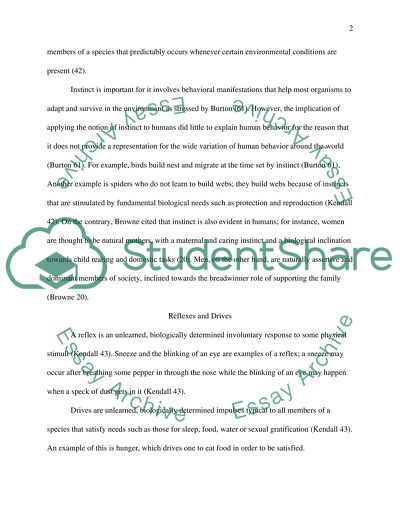Cite this document
(“The sidnificant concepts in relation to sociology Essay”, n.d.)
Retrieved from https://studentshare.org/sociology/1393853-sociology
Retrieved from https://studentshare.org/sociology/1393853-sociology
(The Sidnificant Concepts in Relation to Sociology Essay)
https://studentshare.org/sociology/1393853-sociology.
https://studentshare.org/sociology/1393853-sociology.
“The Sidnificant Concepts in Relation to Sociology Essay”, n.d. https://studentshare.org/sociology/1393853-sociology.


